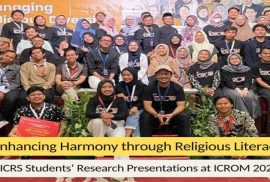Written by Athanasia Safitri
Gaoshan Zu is an ethnic minority in Taiwan which is recognized as an official ethnic designation by the Chinese government. Because of the two regimes since 1949 which are the Mainland China and The Taiwan Island, there was alienation of these indigenous people with their Taiwanese family. They could not get back to their hometown and as a result the young generation do not even speak their native language. Their spoken language itself belongs to the Indonesian group of the Malay/Polynesian language family. Their cultural trait deals with songs and dances which are depicted in their social life on holidays but very much declining because of the lost generation up until the 1980’s where the young generation do not even know the tradition and meaning of dancing, singing, and gathering.










